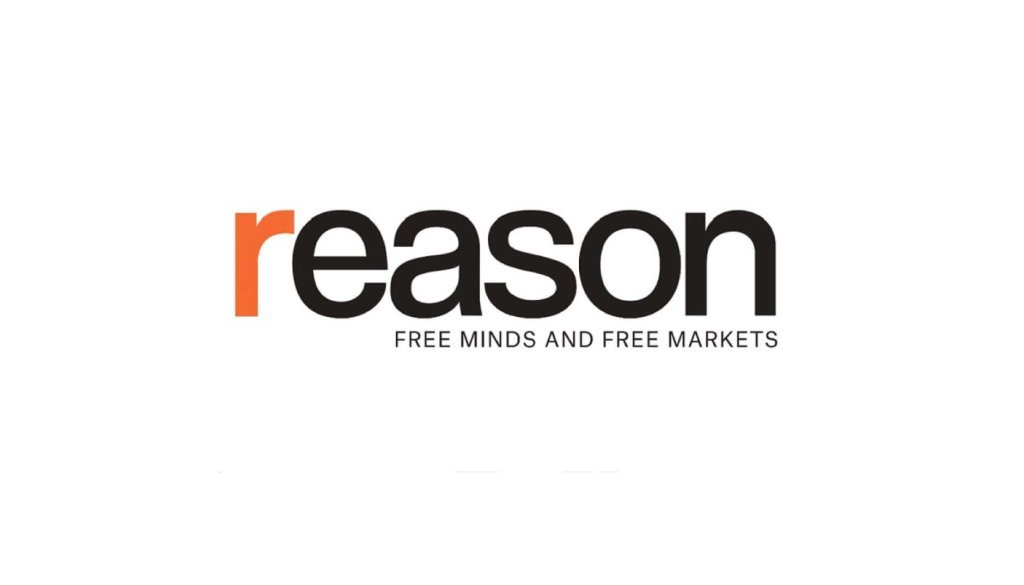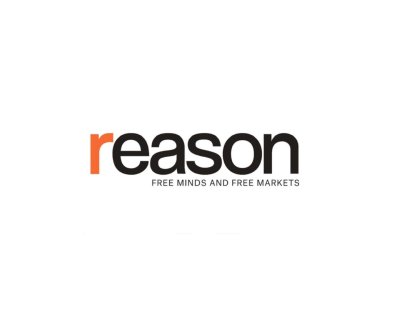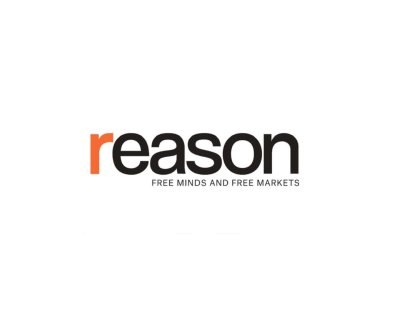Pulp Pleasure and Political Propaganda
Revolution in 35mm: Political Violence and Resistance in Cinema From the Arthouse to the Grindhouse, 1960–1990, edited by Andrew Nette and Samm Deighan, PM Press, 384 pages, $29.95
Revolution in 35mm is the rare political history that can refuse to resolve its contradictions without giving you the impression that it’s cheating. Some of the movies it examines present political violence with commitment (several of the filmmakers had experience as, or worked closely with, left-wing and partisan fighters), others with irony. Violence in these pictures can provoke pleasure or doubt, catharsis or analysis. Filmed violence can be a call to real violence, or a substitute for it, or a vaccine against it, or a dream of it—and often several of those at once. Underlying these oppositions there’s a deeper and sadder one: the opposing magnetic pulls, which few political films resist, of either propaganda or despair.
The book’s physical form tilts toward pulpy pleasures and even nostalgia. It’s edited by Andrew Nette and Samm Deighan; Deighan is a film historian, and Nette has co-edited several volumes of big, colorful, fun books about radical currents in pulp and genre paperbacks. Like those earlier Nette volumes, Revolution alternates between longer reflective essays and quick hits you can read during your smoke break. Like those books, Revolution is full of cool Cold War art: stills, set photos, lobby cards, and movie posters, often featuring sunglasses and girls with guns. The pages are nice and thick, and the shorter essays are printed on maroon pages made to look worn around the edges.
Against these sensual pleasures is set the narrative of chastening implied by the book’s historical scope. It opens in the post-Stalin era and closes right before the collapse of the Soviet Union, covering an era when countless colonies gained their independence. It would be a wild oversimplification to say that years of hope and terror are followed by years of reckoning. But that fable, or vibe, is reinforced even by the ways the book doesn’t quite follow a chronological order. The last colonial struggle depicted on film in this book takes place in Northern Ireland, in a film whose central concern is for a kind of liberation that can’t be won by arms: “Men’s relationship to women is just like England’s relation
Article from Reason.com

The Reason Magazine website is a go-to destination for libertarians seeking cogent analysis, investigative reporting, and thought-provoking commentary. Championing the principles of individual freedom, limited government, and free markets, the site offers a diverse range of articles, videos, and podcasts that challenge conventional wisdom and advocate for libertarian solutions. Whether you’re interested in politics, culture, or technology, Reason provides a unique lens that prioritizes liberty and rational discourse. It’s an essential resource for those who value critical thinking and nuanced debate in the pursuit of a freer society.




